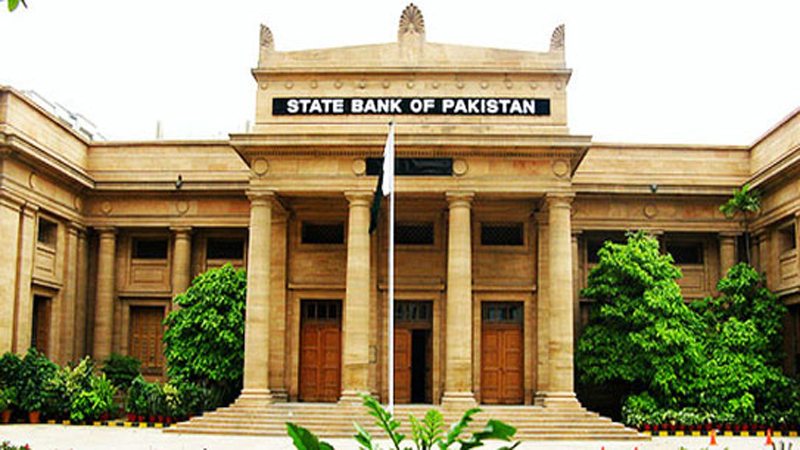SBP keeps Policy Rate unchanged at 7.0%
3 min read
Forward guidance from ‘broadly unchanged’ to ‘being accommodative’
KARACHI: The State Bank of Pakistan (SBP) in its latest Monetary Policy Statement has kept the policy rate intact at 7.0 per cent, in line with markets’ expectations. It remains unchanged since Jun 25, 2020, when SBP reduced the Policy Rate by 100bps.
MPC expects monetary policy to remain accommodative in the near term and any adjustments in the policy rate to be measured and gradual to achieve mildly positive real interest rates over time. If demand side pressures emerge as the recovery becomes more durable and the economy returns to full capacity, the MPC noted that it would be prudent for monetary policy to begin to normalize through a gradual reduction in the degree of accommodation.
Earlier it said that MPC expects monetary policy settings to remain broadly unchanged in the near term. As the recovery becomes more durable and the economy returns to full capacity, the MPC expects any adjustments in the policy rate to be measured and gradual to achieve mildly positive real interest rates.
Latest policy statement states that monetary policy setting ‘to remain accommodative in the near term’ vs. last policy’s text that monetary policy setting ‘to remain broadly unchanged in the near term’ vs. the one before saying ‘monetary policy setting to remain unchanged in the near term’.
The analyst of the Topline Brokerage house believe there is more flexibility in the latest statement by SBP to potentially change the Policy Rate in the next meeting as the Central Bank can remain accommodative even with a gradual and measured increase.
Inflation to remain contained due to spare capacity:
SBP has been encouraged by further upward revision in the fiscal year 2020-21 GDP growth. It expects good prospects for higher growth next year. However, growth outlook still remains uncertain, because of the third wave of COVID-19.
The demand-side pressures on inflation remain relatively contained given spare capacity in the economy. There has been no evidence of wage growth spiral, due to the increase in prices of perishable items.
SBP estimates output gap at -0.08% in 2020-21 and -0.06% in 2021-22. The negative output gap in FY22, in spite of growth, is largely due to increase in the overall capacity because of higher investments.
SBP maintains its inflation estimate for FY21, where it expect CPI to close near the upper end of the announced range of 7-9%. It expects inflation to gradually fall towards the 5-7% over the medium-term.
However, SBP refrained from giving an estimate of inflation for 2021-22, as it waits on the federal budget announcement, Jun-end wage appraisal cycle and also monitors the movements in commodity prices.
SBP expects Current Account Deficit to remain bounded, largely thanks to flexible exchange rate regime.
The recent increase in Trade Deficit has been due to some one-offs which include $1.1 billion import of Wheat and Sugar. There has also been an increase in import of machinery as well, which is a healthy increase in imports.
Remittances have more potential to grow:
SBP believes that the growth story of Remittances still has legs as there has been an increasing trend of registered workers’ movement from Pakistan.
The Central Bank has also conducted a survey regarding Remittances, which highlighted that:
Majority of the migrants (68.7%) who remitted higher amounts in 2020 will continue to do so during 2021, — These migrants (90%) are less likely to consider relocating back to Pakistan, — 73% have switched to formal channels to remit funds to Pakistan, — 64% of the active remitters have switched to digital modes of funds transfer ,– of all those who switched to digital modes, 98% are likely to stick with these avenues for funds transfer in the future.
Only 150,000 Roshan Digital Accounts (RDA) have been opened so far vs. 11.3 million Non Resident Pakistanis (as per Bureau of immigration and overseas employment).
The recovery has been without compromising the fiscal position, given Pakistan has recorded the largest primary surplus in 12 years.
The private sector credit offtake is also improving, which will provide further impetus to growth.

